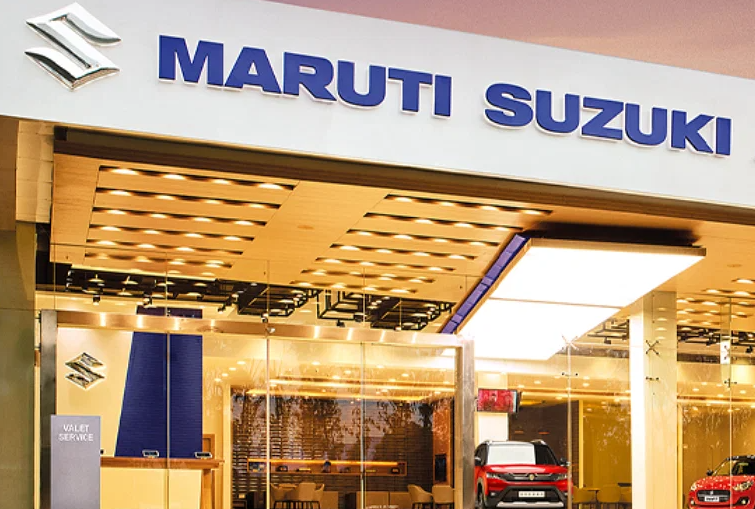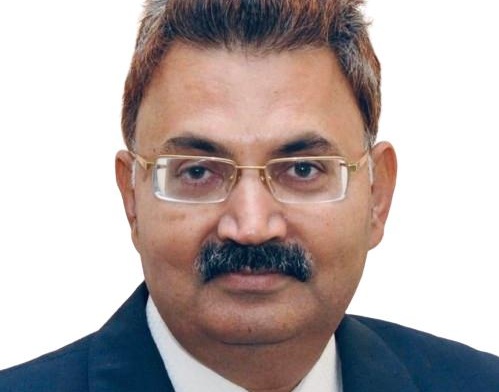Suzuki Motor Company Ltd (PSMC) has made the decision to temporarily close its car and bike plants in Pakistan due to import restrictions and their impact on parts and accessories. The Japanese auto giant recently reopened its four-wheeler unit in Pakistan after a closure lasting more than 75 days.
According to a media report, the company stated that the production suspension is a result of a shortage of parts and accessories caused by a mechanism introduced by Pakistan’s central bank in May of the previous year. This mechanism required companies to obtain prior approval for importing completely knocked-down kits, which has had a negative effect on the clearance of shipments and subsequently affected inventory levels.
This shortage of raw materials has been a persistent issue for the past year, leading to the closure of the PSMC’s four-wheeler plant for a significant period of time. The company now plans to shut down its motorcycle and automobile plants from June 22 to July 8, 2023, due to the inventory shortage. The bike plant had also been closed from May 23 to June 16.
Other companies, including Indus Motor Company, have also announced multiple shutdowns in response to import restrictions. The automotive sector in Pakistan is currently facing challenges due to the country’s economic conditions. Importers are struggling to obtain letters of credit (LCs) due to low foreign exchange reserves in cash-strapped Pakistan.
The economic downturn, coupled with record inflation, has resulted in a significant decline in car sales and purchasing power in Pakistan. In May 2023, car sales saw an 80% year-on-year drop, as reported by the Pakistan Automotive Manufacturers Association. However, PSMC experienced a month-on-month growth of 101% in May 2023, with 2,958 units sold.
The consecutive production shutdowns in the financially constrained Pakistan have led to a large number of job losses in the auto sector. The Pakistan Association of Automotive Parts and Accessories Manufacturers stated that more than 25,000-30,000 workers have lost their jobs due to declining annual sales.
The Pakistani government is currently striving to secure a much-delayed deal with the International Monetary Fund (IMF) before the current bailout program concludes on June 30. Business confidence in the country has declined by 21 percentage points to -25% in March-April, compared to -4% recorded in September-October of the previous year, as per the latest survey conducted by the Overseas Investors Chamber of Commerce and Industry.
The survey identified high inflation, high taxation, and devaluation as the three major threats to business growth. The State Bank of Pakistan imposed several restrictions on the auto sector, such as an upper limit of Rs 3 million on auto loans and a reduction in loan repayment tenor.
Tahir Abbas, Head of Research at Arif Habib Ltd, noted that high-interest rates, prices, and production suspensions have negatively affected auto financing. Currently, auto financing only accounts for 1-2% of total car sales, in contrast to 25-30% during times of high vehicle demand and low prices.
The revival of auto financing activities in Pakistan will largely depend on achieving political stability and resolving the dollar crisis. Additionally, the approval of the IMF loan will play a significant role. Pakistan’s foreign exchange reserves held by the State Bank of Pakistan currently stand at USD 4 billion, which is only sufficient for a month’s worth of imports.




